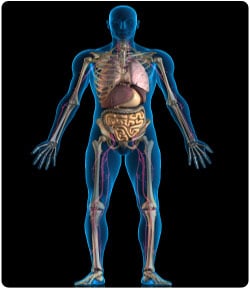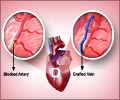What are Lipoproteins?
Cholesterol is carried in the blood by lipoproteins- LDL and HDL.
Cholesterol and other fats cannot dissolve in the blood. They have to be transported to and from the cells by special carriers called lipoproteins.
Types of lipoproteins
LDL (Low density lipoprotein)
LDL is often referred to as ‘bad cholesterol’. High levels of LDL cholesterol can clog arteries, thus increasing the risk of heart attack and stroke.
A cell takes up LDL through specific receptors on its surface called LDL receptors. After it has used the cholesterol for its chemical needs and does not need it any more, it reduces its number of LDL receptors. A high level of LDL in the blood may mean that cell membranes in the liver have reduced the number of LDL receptors due to increased amounts of cholesterol inside the cell. This enables LDL levels to accumulate in the blood. When this happens, the LDLs begin to deposit cholesterol on artery walls, forming thick plaques. This plaque deposition is causes atherosclerosis.
HDL (High density lipoprotein)
HDL is often referred to as ‘good cholesterol’. HDL carries cholesterol away from your arteries and transports it to the liver for disposal. Studies suggest that high levels of HDL- cholesterol reduce the risk of heart attack.
The levels of HDL, LDL and total cholesterol are all indicators for atherosclerosis and heart attack risk. People who have normal cholesterol levels but low HDL levels are also at increased risk for a heart attack.


















